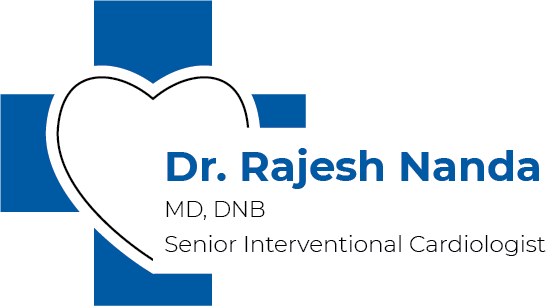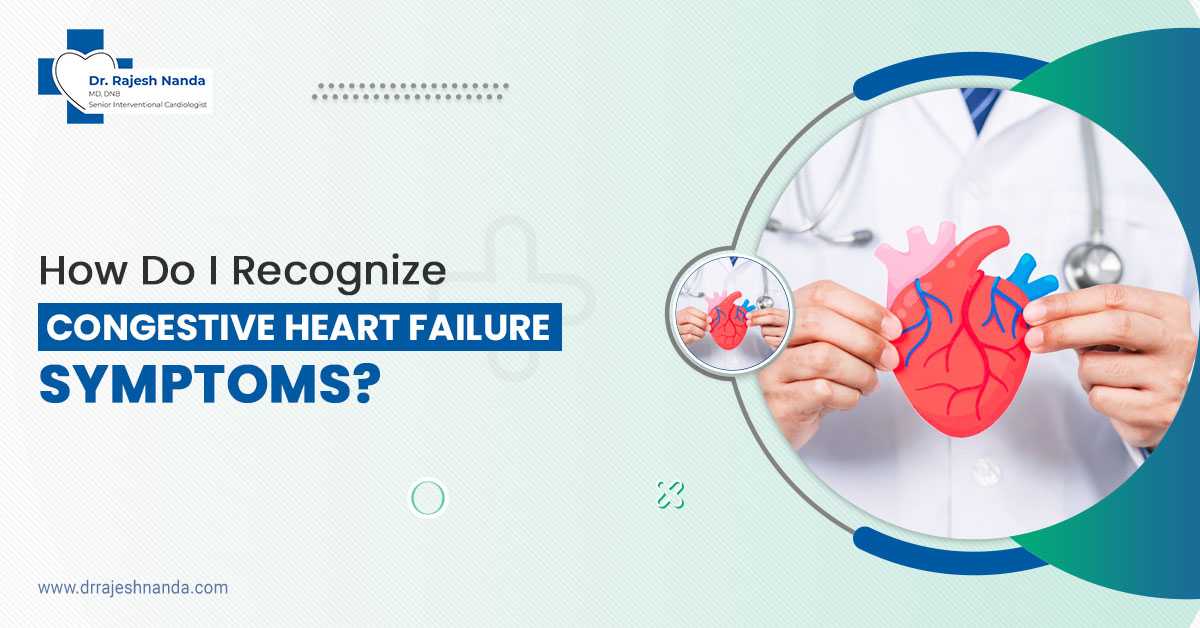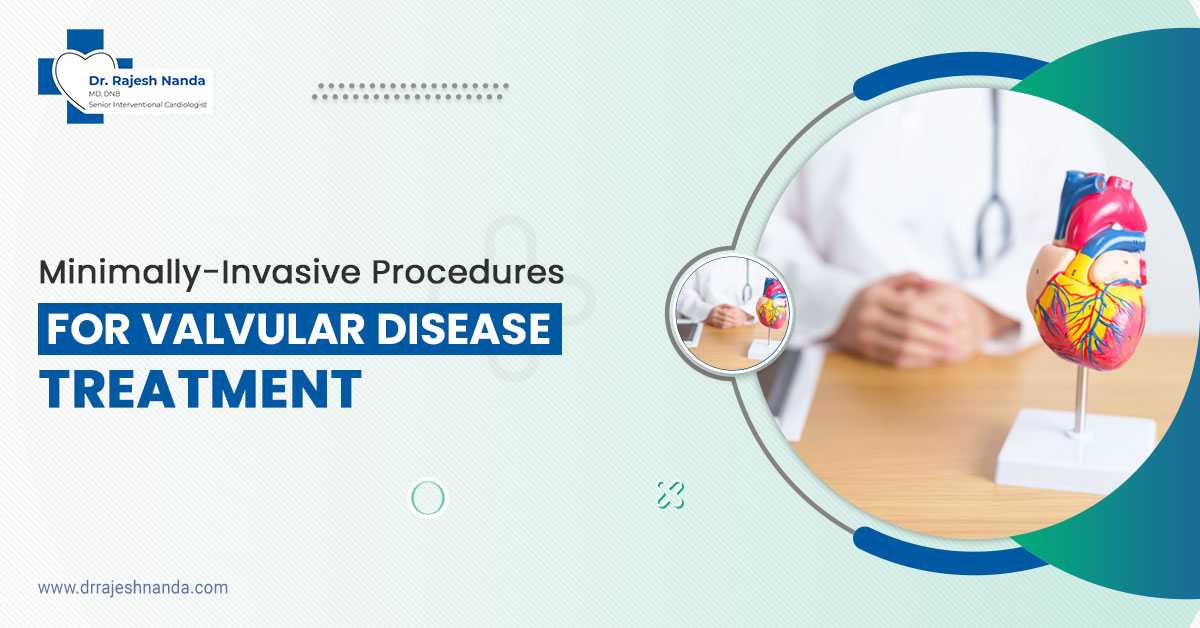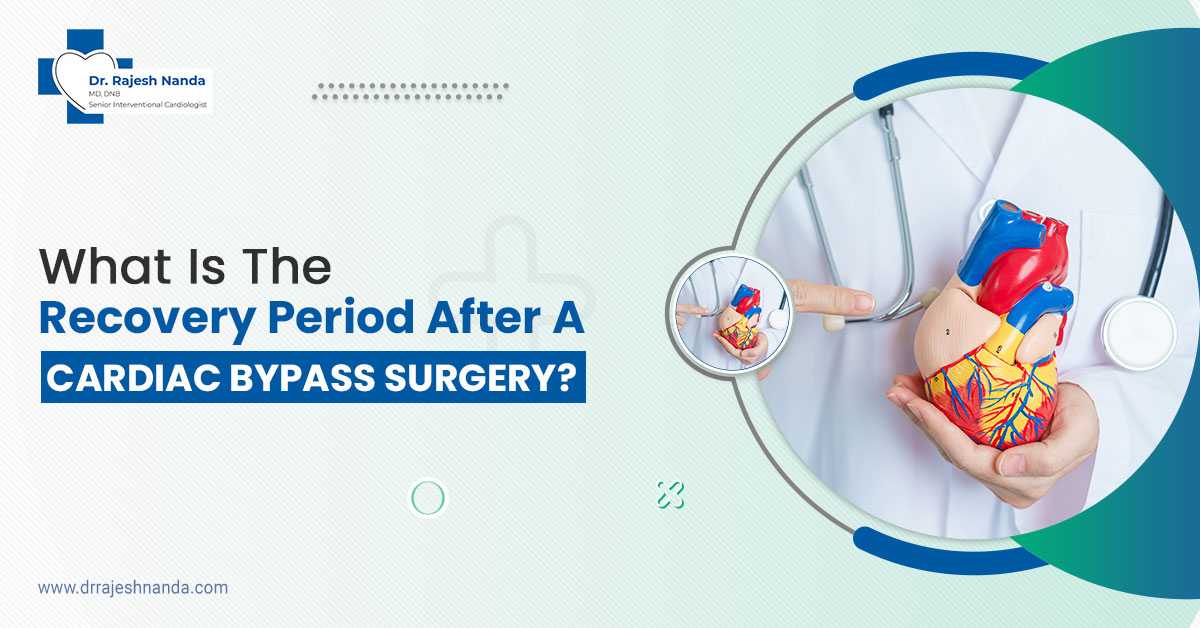Simply put, high blood pressure is when the blood pressure against the artery wall is significantly high. Arteries account for delivering oxygen-rich blood from your heart to the rest of your body. With high blood pressure, the inner lining of the arteries gets narrow and damaged. A poorly controlled condition now can increase the likelihood of heart concerns.
Damage arteries transfer less oxygen and blood to your heart. Here the chance of heart disease becomes higher. Signs like chest pain, shortness of breath, palpitation, swollen feet or ankles, fatigue, or pain in the upper belly are nothing to overlook. Wise to consult a healthcare provider on early notice. Talk to the leading cardiologist in Siliguri.
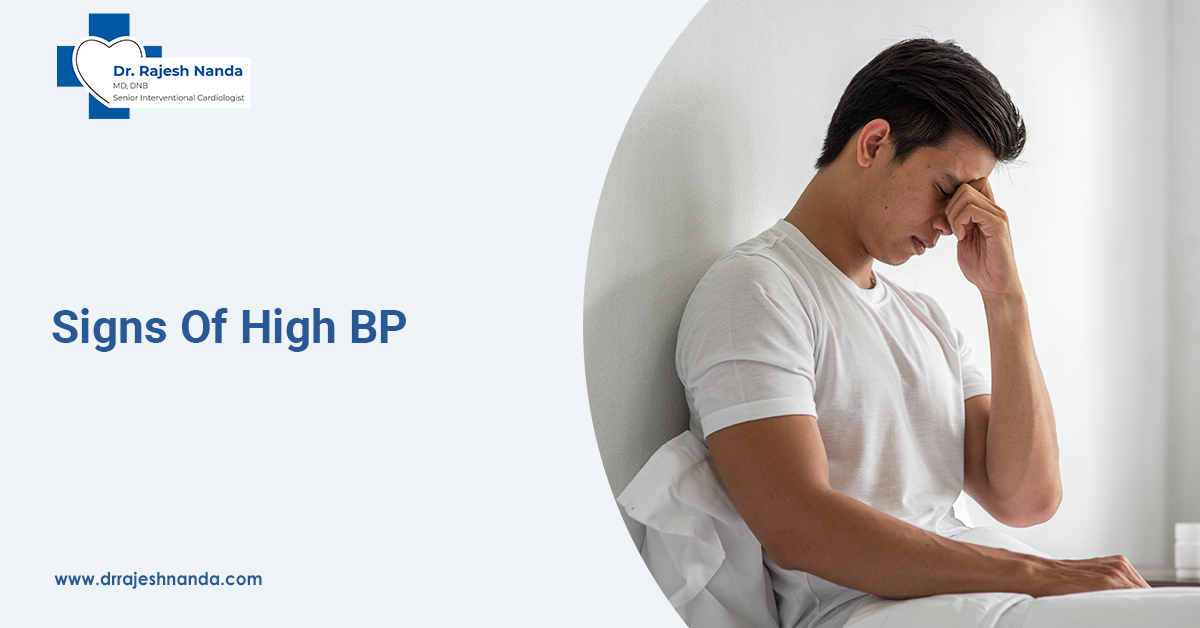
Understanding the signs of high blood pressure
- Headaches
- Nose bleeding
- Shortness of breath
These symptoms don’t pinpoint one develops hypertension for sure. Typically, hypertension doesn’t show symptoms even if the blood pressure readings are too high. At the same time, an individual might have had high blood pressure/hypertension for years without signs.
What might contribute to high blood pressure
If you have been diagnosed with hypertension, your doctor might recommend lifestyle modifications. Let’s identify the common risk factors for getting hypertension:
- Family history, especially first-degree relatives with hypertension
- Obesity or excess body fat
- Physical inactivity or a sedentary lifestyle
- Having a diet high in sodium
- Low potassium levels in the body
- Chronic diseases like kidney disease, sleep apnea, diabetes
- Excessive day-to-day stress
Older age is a potential risk factor for high BP. However, if your diet is healthy and you have no such chronic illnesses, the risk of it is low. Many a woman develops high blood pressure during gestation, known as preeclampsia, involving signs like headaches, excess protein in the urine, shortness of breath, nausea, vomiting, upper abdominal pain, blurry vision.
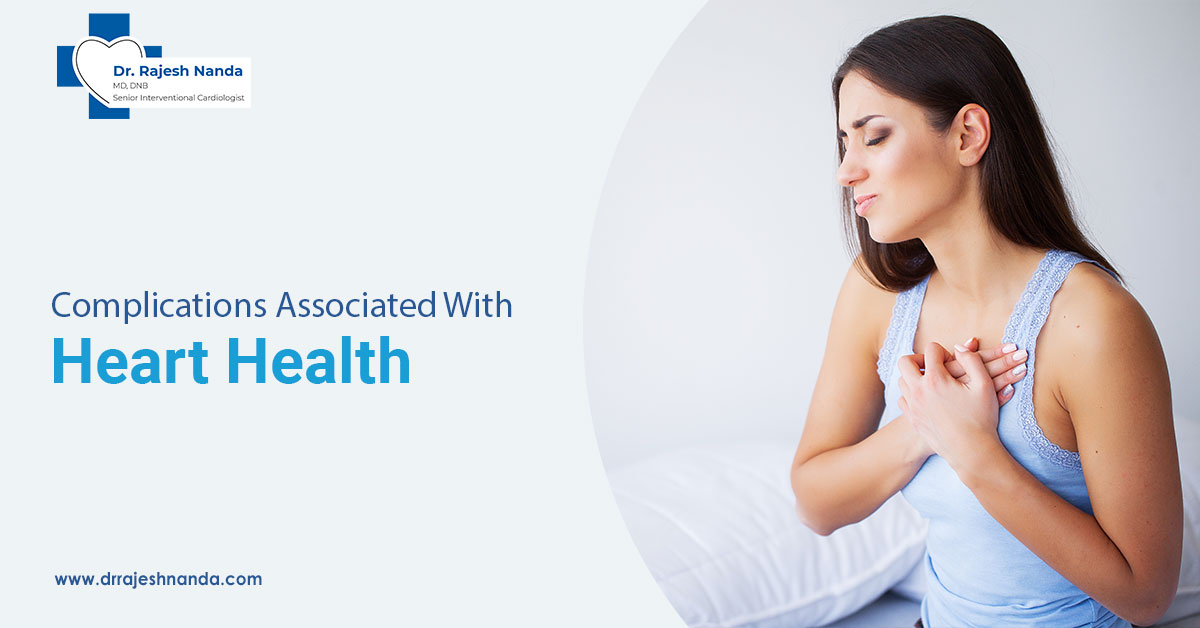
Hypertension leading to heart health issues
Uncontrolled high BP is more likely to interfere with cardiovascular health. Possible medical conditions here can be:
- Chest pain. Angina, also called ischemic chest pain, results in a weak blood supply to the heart. The pain marked by burning, fullness, squeezing, or pressure sensation may be a sign of coronary artery disease. Additional signs can be shortness of breath, pain in the jaw, neck, back, or stomach, dizziness, and sweating.
- Heart attack. It’s a medical emergency caused by a blood clot restricting the blood supply to the heart. Plaque buildup in the coronary arteries blocks the blood flow and damages the heart muscle. Chest pain, fatigue, pain that travels up to the neck, teeth, jaw, shoulder, back, and arm, shortness of breath, and cold sweat are common signs of a heart attack.
- Heart valve disease. When one or further valves in your heart fail to work efficiently. Your heart involves four valves, leading the blood flow in the correct direction. Heart murmur, abdominal swelling, irregular heartbeat, chest pain, shortness of breath, dizziness, fainting, and fatigue are potential signs of this medical condition.
- Heart failure. Also termed congestive heart failure, occurs when the heart muscle pumps inadequate blood. It can be a chronic or sudden condition, causing shortness of breath, rapid weight gain, chest discomfort, fatigue, weakness, abdominal swelling, swollen ankles, irregular heartbeat, ongoing cough, nausea, reduced appetite, and further signs. Consult the best cardiologist in Siliguri.
Hypertension can directly affect your heart if remains ignored. Or it can bring about medical concerns like diabetes, kidney disease that create complications. For first aid, you can reach out to your general physician. Take the steps towards optimal heart health.
